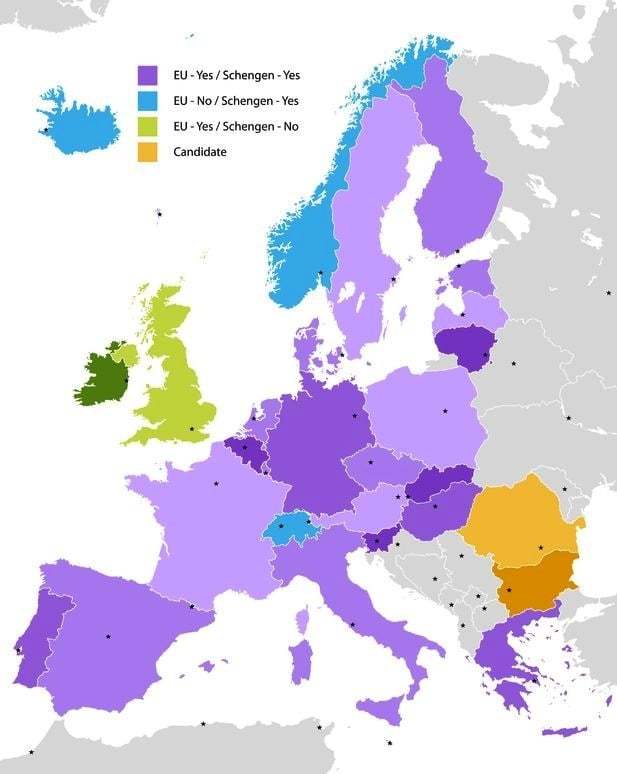The Schengen Area
The Schengen area, or Schengen zone, consists of twenty-six European countries, between which you can travel freely without a passport.
The Schengen area is not the same as the European Union - only 22 of the 26 countries are part of the EU, while six countries that are part of the EU are not in the Schengen area.
 Types of Schengen Visa
Types of Schengen Visa
There are two sorts of Schengen visas: the 'short stay visa' and the 'airport transit visa'.
The short stay visa allows you to stay in the area for up to 90 days within a 180 day period, and with this visa you can generally travel passport-free to any of the 26 countries within the area (however this isn't guaranteed, so it's recommended you carry all the documents you needed to apply for the visa with you when you're on your trip, to make border crossing easier).
An airport transit visa is simply for flight stopovers in an airport in the Schengen area.
Who needs a visa - short stay
Not everyone needs a visa for a short stay in the Schengen area! It depends principally on your nationality. Generally speaking, nationals of most non-EU European countries and many North and Latin American countries don't need a visa to enter, for example nationals of Israel, Brazil, Peru, Nicaragua and Colombia. However nationals of almost all African countries, and most Middle Eastern and Asian countries (including India, Indonesia and Palestine) do need a visa for a short stay.
Who needs a visa - airport transit (Schengen)
The situation regarding airport transit visas is more complicated. In terms of IFM-SEI members, nationals of Ghana and Iran will need a transit visa for a stopover in any Schengen country, while for nationals of other countries it depends on the country you're passing through (you can see if you'll need an airport transit visa here)
Application
You apply for your Schengen visa at the consulate of the country you're going to visit, or the country you're going to spend longest in (if you're visiting more than one country).
You should apply in good time but you can't apply more than three months before the start of your journey. The latest you can apply is 15 days before you start to travel.
A list of required documents for the application can be found here
Fees
The general visa fee is 60€, which you pay when you apply for the visa, however nationals of Armenia and Georgia (among others) need only pay 35€, as these countries have a special arrangement with the EU. Children aged under 12 pay 35€, and children younger than six go free. You may also get a free visa if you meet special criteria, for instance if you are younger than 26, part of a NGO and are travelling to a cultural or educational event.
Unfortunately this fee won't be refunded if your application is unsuccessful.
Getting a response
Generally you should get a response within 15 days, but there's a risk it could take longer, possibly up to 60 days in exceptional circumstances. Also, your application is likely to take longer if you're a national of Cameroon, Mali, Iran or Palestine (among others), as states other than the one you're applying to demand to be consulted.







